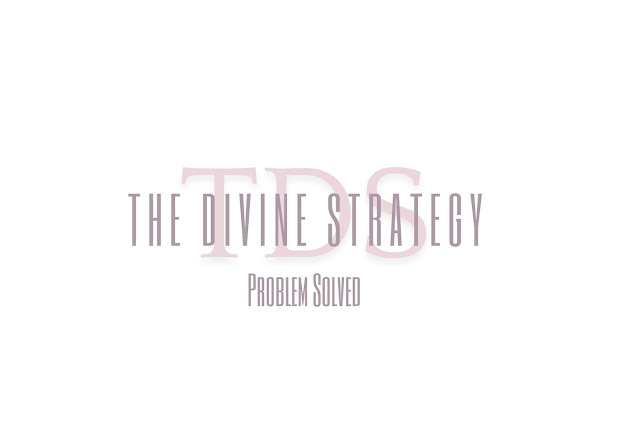Overcoming Personal Struggles: Why Is It So Hard?
"I want to do this! I want to get rid of my struggle/habit and finally become the person I want to be. So why is it so hard, and why have I failed so many times?"
One of the main reasons we struggle is because we're on "autopilot." We're so busy, pulled in so many directions, that our reactions become habitual and impulsive rather than conscious decisions. How can we overcome this?
Breaking the Autopilot Mode
One method is to bring the struggle/habit to the forefront of our minds, engaging our "thinking brains" - the conscious, cognitive part that makes decisions. This allows us to control our behaviors by "outsmarting our brains" and overriding the autopilot mode.
Example: Controlling Your Temper
Say you want to stop shouting. You know raising your voice is counterproductive and damages relationships, yet emotions often take over. Here's a strategy to help:
- Institute a "starting ritual":
- When emotions start to boil, immediately close your eyes.
- Begin counting backward from an odd number (e.g., 67, 65, 63).
- This engages your cognitive brain, shocking it into thinking mode.
- Open your eyes and speak calmly with intention.
Over time, this ritual becomes your new habit, training your brain to control your temper.
Small Steps for Big Changes
Rav Dessler writes in "Striving for Truth" that you should start slowly until you reach your goal. Little steps, not big strides, increase the likelihood of success.
Example: Overcoming the Snooze Button
To curb destructive behaviors like oversleeping:
- When the alarm rings, count to 13 (Moden Ani).
- Then, JUMP out of bed!
Remember, getting up or hitting snooze is your first choice of the day, affecting every choice after that.
Exercises for Improvement
Write in your notebook where you struggle in each of these areas and how you wish to improve using the above methods:
- Communication: Do emotions get the better of you, leading to hurtful words? Use the "thinking brain" technique to protect and heal relationships.
- Self-Improvement: Take a few minutes to weigh responses, make better decisions, and feel better about yourself.
- Emuna, Bitachon & Tefilah: Use "frontal thinking" to help faith and trust penetrate your thought process, seeing situations more positively and reacting better.
Daily Reminders
- Recite 10 Perakim of Tehillim daily to finish twice by Rosh Hashanah (א-י)
- Recite Perek כז twice daily according to your minhag (לדוד ה' אורי וישעי)
Remember: בדרך שאדם רוצה ללכת בה מוליכין אותו "In the way in which a person wants to go is the way in which he will be led" (Makkot 10b)

Comments
Post a Comment